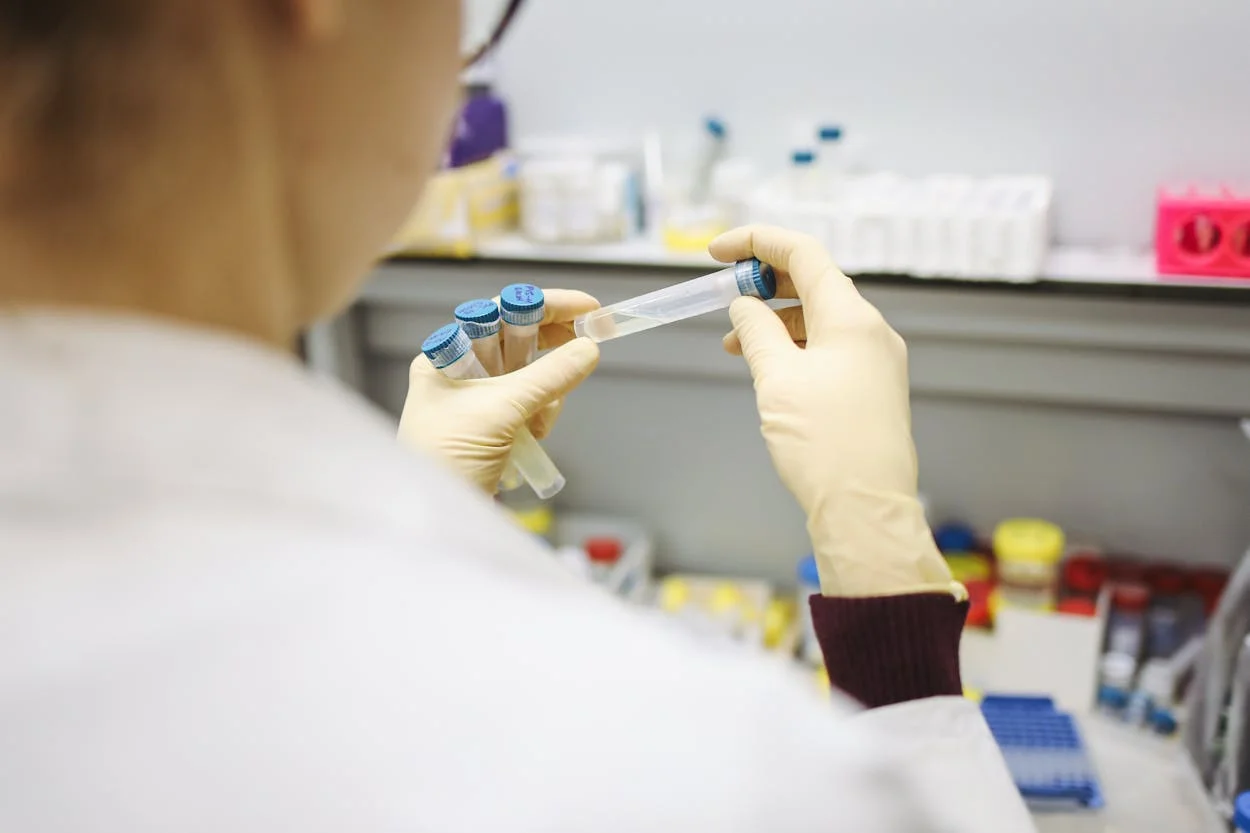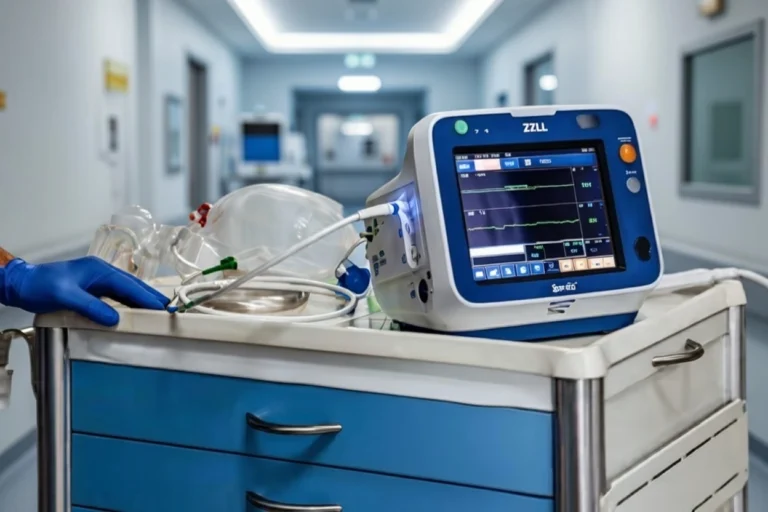
A team of researchers from City of Hope® and The University of Texas M.D. Anderson Cancer Center has shared promising safety and efficacy results from a Phase 1 trial involving a personalized vaccine for lymphoplasmacytic lymphoma, a rare and slow-growing blood cancer. The findings were recently published in Nature Communications. Currently, the standard care for lymphoplasmacytic lymphoma involves active monitoring of symptoms, which can take an average of 3.5 years to progress to treatment-requiring conditions like fever, night sweats, and fatigue.
Dr. Larry Kwak, director of City of Hope’s Toni Stephenson Lymphoma Center and the study’s corresponding author, noted that early intervention with the vaccine nearly doubled the time patients remained free of disease progression, extending it to an average of nearly seven years. He emphasized that the vaccine appears safe, lacking the severe side effects typically associated with conventional cancer treatments.
The trial, led by M.D. Anderson, involved nine participants who tolerated the vaccine well, with all maintaining stable disease after a median follow-up of 7.5 years. Over half of the patients did not experience any symptomatic progression.
Utilizing advanced single-cell sequencing technology, the research demonstrated that the personalized vaccines activated T cells in the tumor microenvironment, which are crucial for targeting and destroying cancer cells. The study also revealed that tumor cells depend on signals from myeloid cells for survival, a finding that could inform future treatments.
Dr. Kwak reported that disease progression was effectively halted in most cases, with one patient experiencing minor tumor shrinkage. The vaccine primarily affected B cells, which contribute to tumor development in lymphoplasmacytic lymphoma. This insight suggests that future trials may benefit from combining the vaccine with agents that more directly target plasma cells, such as monoclonal antibodies.
Looking ahead, Dr. Kwak and his team are developing the next generation of the vaccine for potential clinical trials at City of Hope. In partnership with Renhaim Inc., they aim to adapt the vaccine to an mRNA platform, leveraging advancements in vaccine technology since the original DNA-based version was created nearly a decade ago. The team is also investigating additional therapies to enhance vaccine efficacy.
Dr. Kwak, a renowned figure in immunology and cancer vaccines, has spent over 30 years researching neoantigen vaccines. His prior work includes a significant 2011 study on a protein-based vaccine for follicular lymphoma, which was one of the first successful trials in the field. He reflects on the evolving landscape of personalized cancer treatments, noting increased interest from pharmaceutical companies since the rise of CAR T-cell therapies.
The research, titled “Personalized neoantigen vaccines as early intervention in untreated patients with lymphoplasmacytic lymphoma: a non-randomized phase 1 trial,” received support from the National Cancer Institute and the International Waldenstrom’s Macroglobulinemia Foundation.





